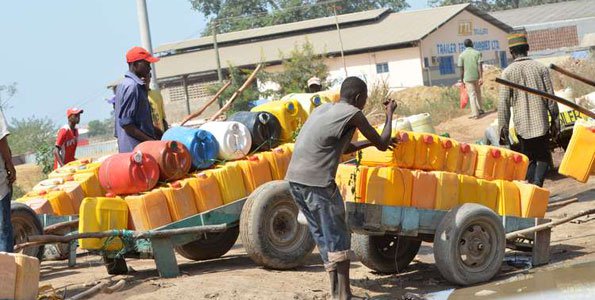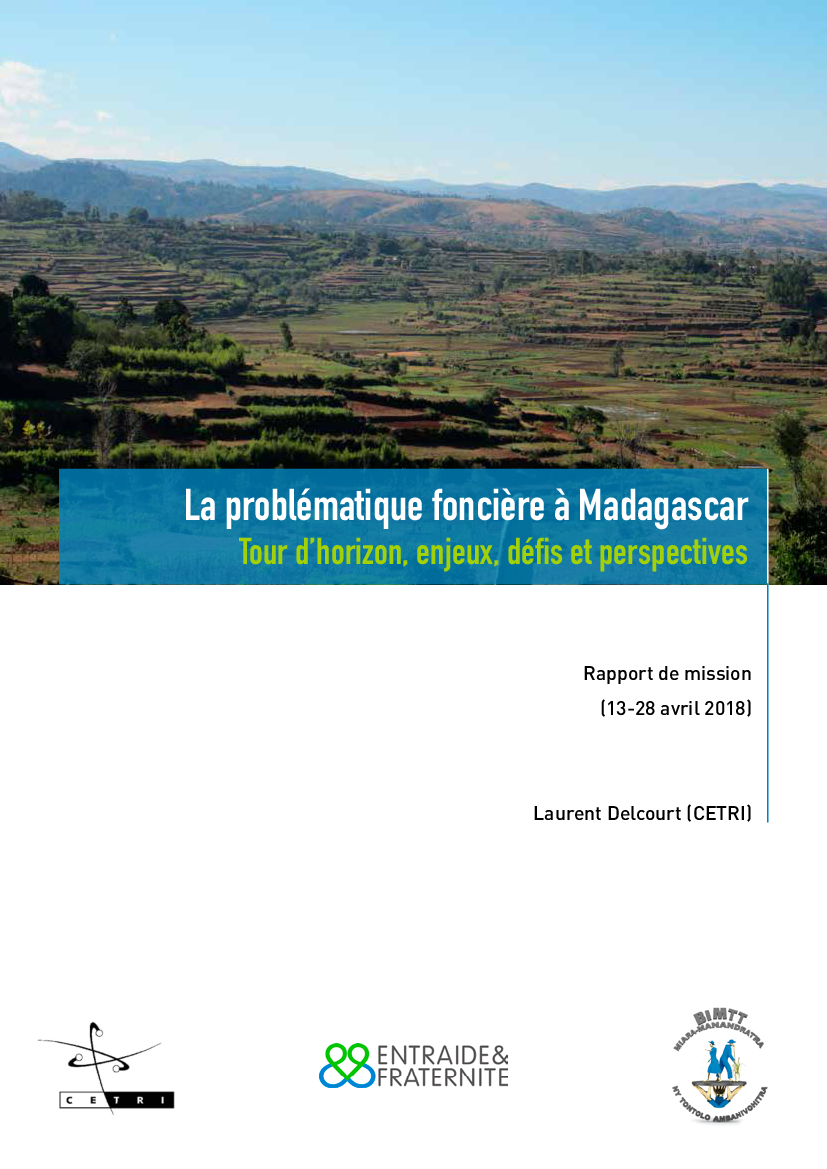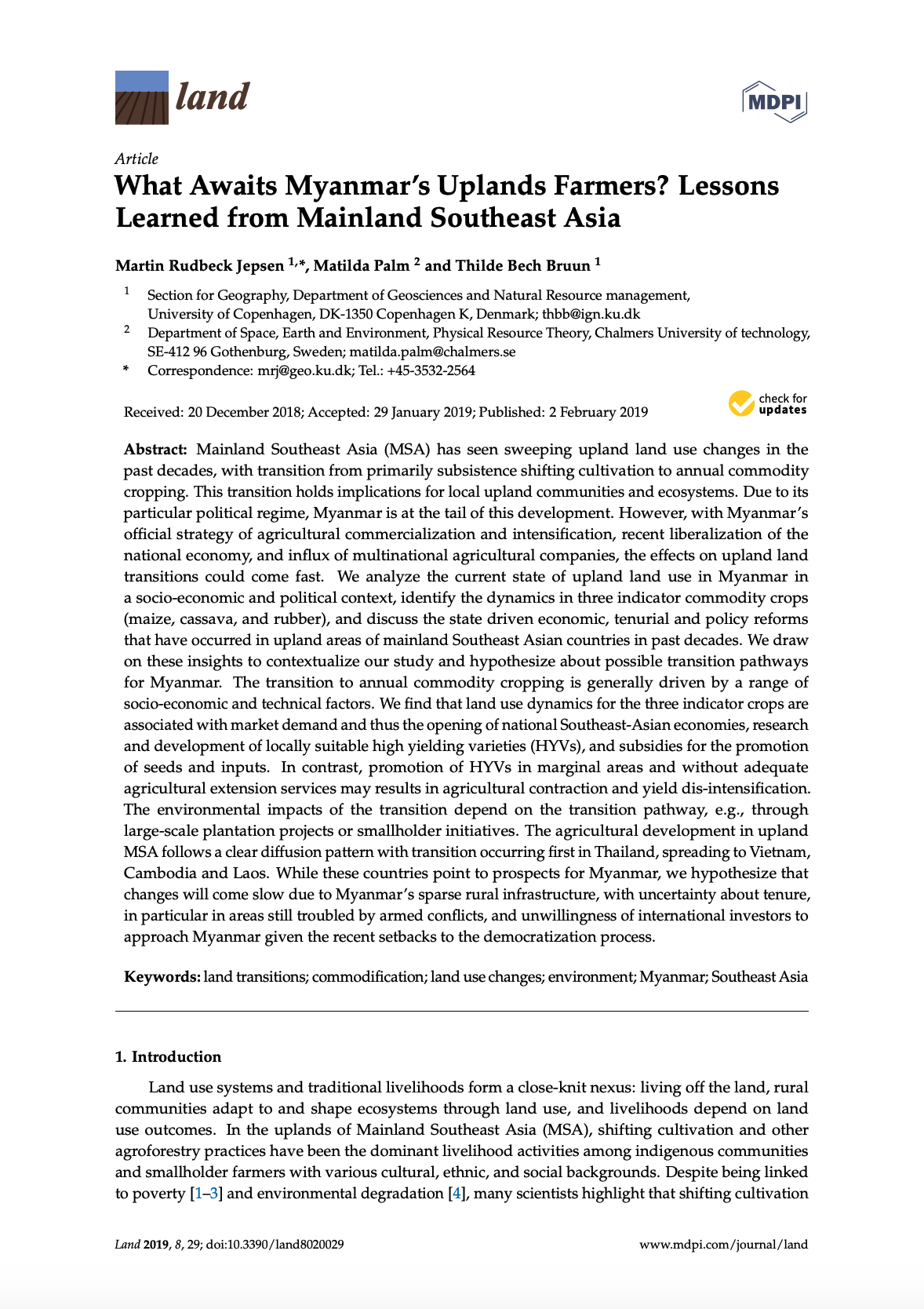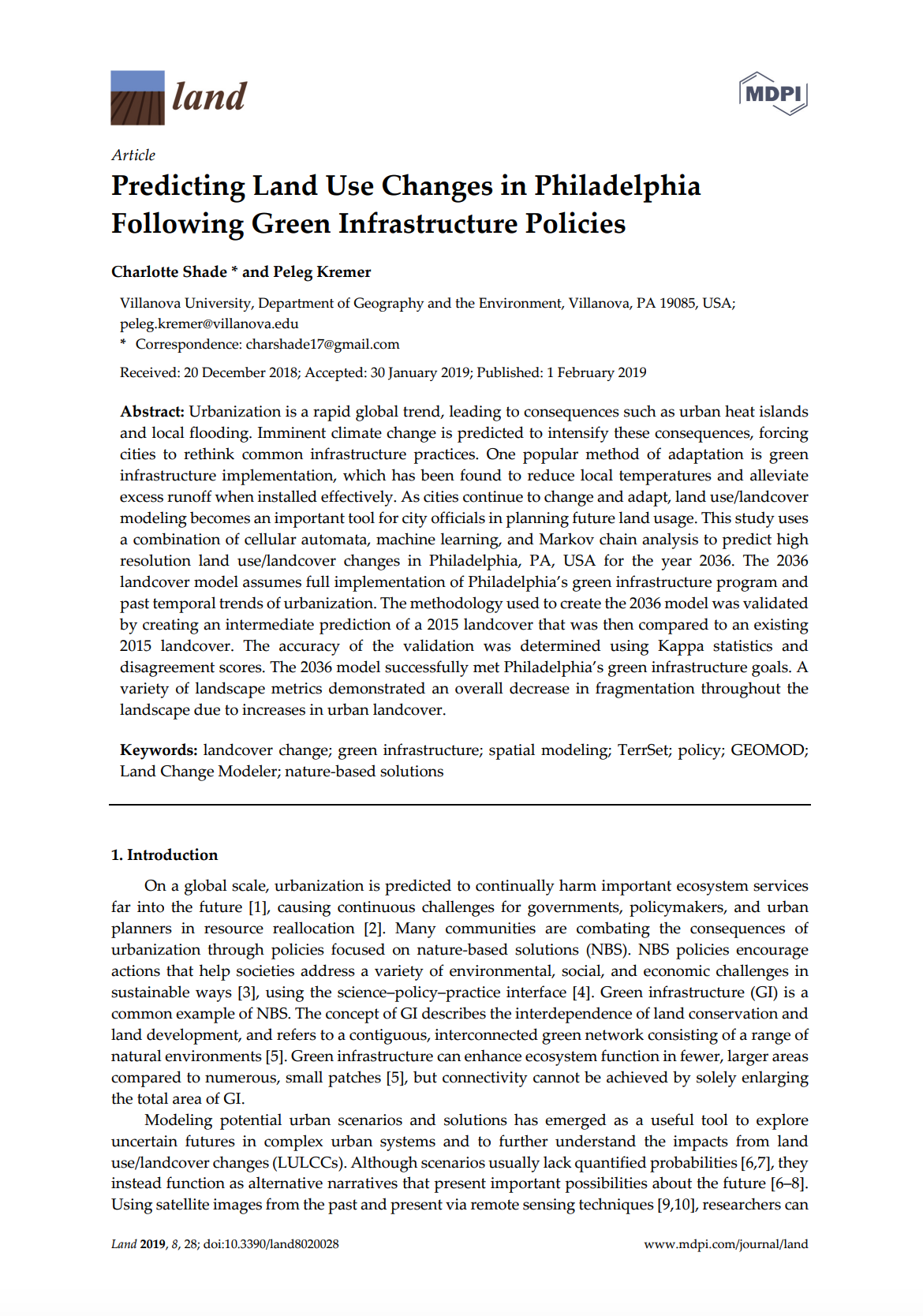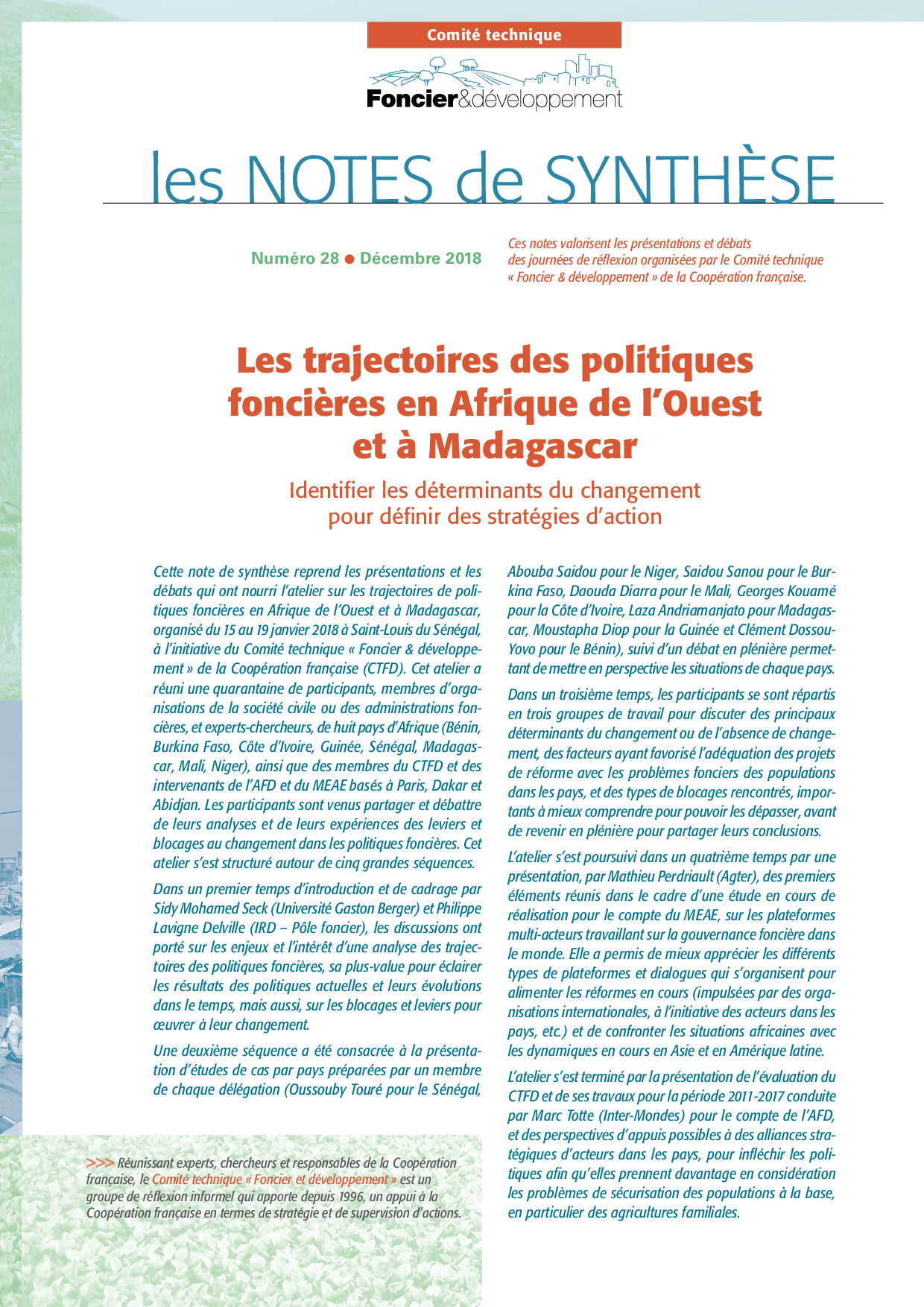Basic services remain a challenge in rapidly urbanising Kenya
Kenya’s unprecedented urbanisation rate offers major opportunities, but also puts to the test the new Constitution’s declaration to make access to basic services a basic right for all Kenyans.
What opportunities? Globally, the fastest, most diversifying economic growth and service extensions often occur in urbanising countries.
Good urban infrastructure services — especially transport, water supply and sanitation, electricity and solid waste management — benefit not only cities and towns, but national economies.

